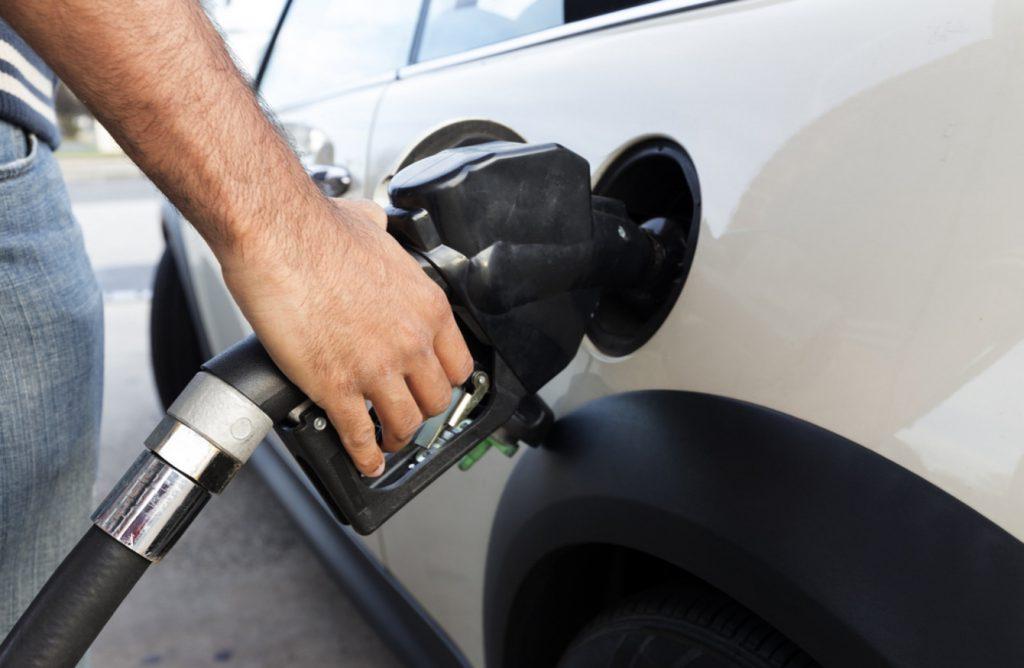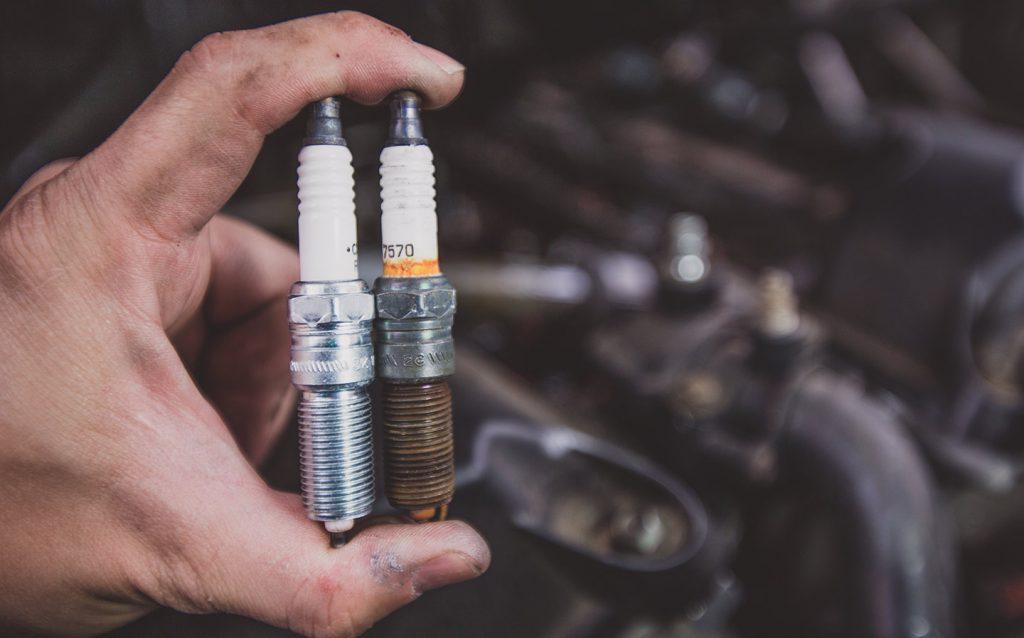Combustion ratio is an essential determinant of any engine’s behavior. It is the evaluation of the engine cylinder’s capacity to squeeze the fuel and air. Different engines such as petrol and diesel acquire diverse compression ratios. However, the ratio of the diesel engine is comparatively higher. Why are the diesel engine compression ratios higher than other engines? This question must be striking in your mind and you will get the answer to it right now.
So let’s discover together!
Contents
A Definition Of Compression Ratio
To help an engine to operate properly under widely varying conditions, the following conditions must be needed:
- Air and fuel mixture
- Good ratio compression
- Ignition process
So, the compression ratio is calculated by the cylinder’s maximum volume (when the piston is at the bottom of its stroke) by its minimum volume (when the piston is at the top of its stroke).
- Gasoline engine: The compression ratio will need to increase to help increase engine power, but the possibility of detonation will be high.
- Diesel engine: The compression ratio will need to be reduced to make the engine “quieter”, but in return, lower pressure and temperature conditions will reduce the ability to self-ignite, making it more difficult to burn.
So the automobile engineer will need to limit the compression ratio of the engine using each fuel type to a certain range.
Why Are Diesel Engine Compression Ratios Higher?– Major Reasons To Check Out!
Generally, the compression ratio of diesel engines is higher than gasoline engines (except for some special gasoline engines like Mazda’s).
A typical gasoline engine will have a compression ratio of about 8:1 or 12:1. However, in diesel engines the compression ratio is usually around 15:1 and there are “special” diesel engines with compression ratios as high as 25:1.
The key difference between gasoline and diesel engines is the ignition mechanism. While gasoline engines need spark plugs to make the combustion process of the compressed gasoline-air mixture, diesel engines operate on the principle of self-ignition. When the diesel-air mixture is compressed at high pressure (high compression ratio), the heat generated will create the spontaneous combustion process. This characteristic makes diesel engines have high fuel efficiency.
To learn more about the reasons. Below we have listed the basic reasons why a diesel engine has a higher ratio of compression than any other engine. So check it out!
1. Depending on the application
Diesel engines are ideal for heavy vehicles such as locomotives, ships, trucks, and other gigantic automobiles. Therefore, it has a higher torque application. To turn on such a big vehicle, it requires a large amount of energy that ultimately leads to an augmented combustion rate. The air compression is the process which occurs in a large cylinder inside an engine. Hence, fuel also gets combusted quickly. It produces more power inside the engine, which ultimately leads to a higher compression ratio. Therefore, the size of the engine cylinder and course, the application is the reason why do diesel engines have a higher compression ratio.

See more:
2. Evasion towards knocking
Knocking is a serious issue in engines. It happens when there is abnormal combustion inside the cylinder of the engine. Knocking issues are normally found more often in gasoline engines. As the compression ratio increases, the gasoline engine is knocked that’s why it is not considered to be an ideal compression engine by many people. Coming back to the diesel engine, there is no knocking occurrence. Bigger cylinder sizes provide enough space for your fuel to run and get combusted inside the engine.
The basic reasons why an engine can result in knocking include:
-
Ignition delay inside the injectors
-
The increased temperature inside the engine
-
When the fuel injector fails to completely ignite the fuel
Therefore, to avoid knocking in the engine, the diesel engine has a maximum compression ratio.
3. Spark plug
Gasoline or petrol engines require a spark plug to combust the fuel. The diesel engine doesn’t require a spark plug to generate power, instead, the high compression ratio is enough to ignite the fuel. To self-ignite the engine; a higher compression ratio is required. Moreover, diesel is highly volatile and only air compression is enough to ignite the fuel. So to prevent engine burning or other hazards, a diesel engine is built in such a way that it acquires an elevated compression ratio. Besides, to handle any unexpected issue with the diesel engine, you can learn some useful maintenance tips from the experts.

Watch more:
Conclusion
So whenever you think about why do diesel engines have a higher compression ratio, remember this useful information and choose the engine of your desire.




This is circular logic – and nonsense.